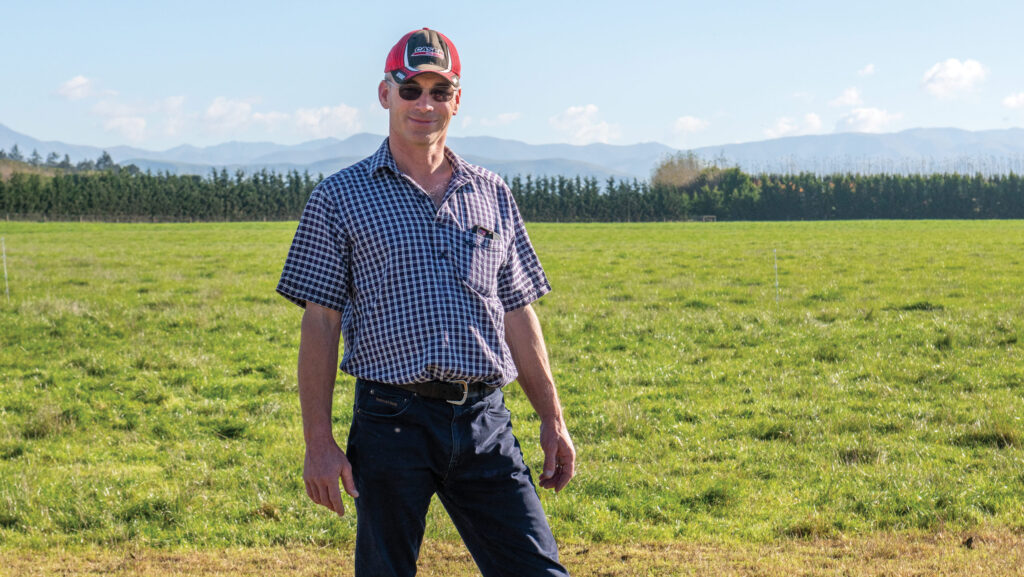Farmer Focus: A challenging spring as too wet turns into too dry
 David Clark © Emmily Harmer
David Clark © Emmily Harmer Too wet has been replaced with too dry, and a little bit of too windy thrown in for good measure.
They say it is always dry after a wet spell, and for us we had way too much rain for summer and autumn 2025, the rain finally stopped in mid-July, “stopped” being the operative word.
See also: Wheat growers urged to consider third weed spray in dry autumn
The spring flush of feed on our ryegrass seed crops, which we would normally finish our lambs on, never really came away this year and we have been on top of feed right through, making it difficult to hit target weights.
Thankfully, with the help of some off-farm grazing, the last of them are going now at a high price a kg which will mask the impact of being a kilo or so lighter than target.
Getting timing right for spray and fertiliser applications has been almost impossible, with day after day of strong and drying north-west winds.
Thank goodness we handle our own spraying and spreading, as contractors are going mad trying to service their clients.
However, some days have included far from textbook spraying conditions, and we have on occasion had to use the “special” low-drift nozzles, the ones where you keep your eyes fixed on the front windscreen and do not dare look back at the boom.
We have all of the irrigators now running, and fortunately we escaped any damage from the “nor’west” storm which blew across the South Island in late October.
We tied our irrigators down and pointed them into the wind or behind shelter, and got through unscathed. A mix of good preparation and good luck.
The wind was most severe just north of here, with reports of up to 178kph in North Canterbury.
Sadly, many centre pivots were blown over, with reports of around 700 spans on the ground.
For those farmers, the best-case scenario is replacement pipe arriving by late January and machines running again by early autumn. Their season is a write off.
It has certainly been a challenging spring for us, but I have the utmost sympathy for those families that now find themselves in a crisis.


